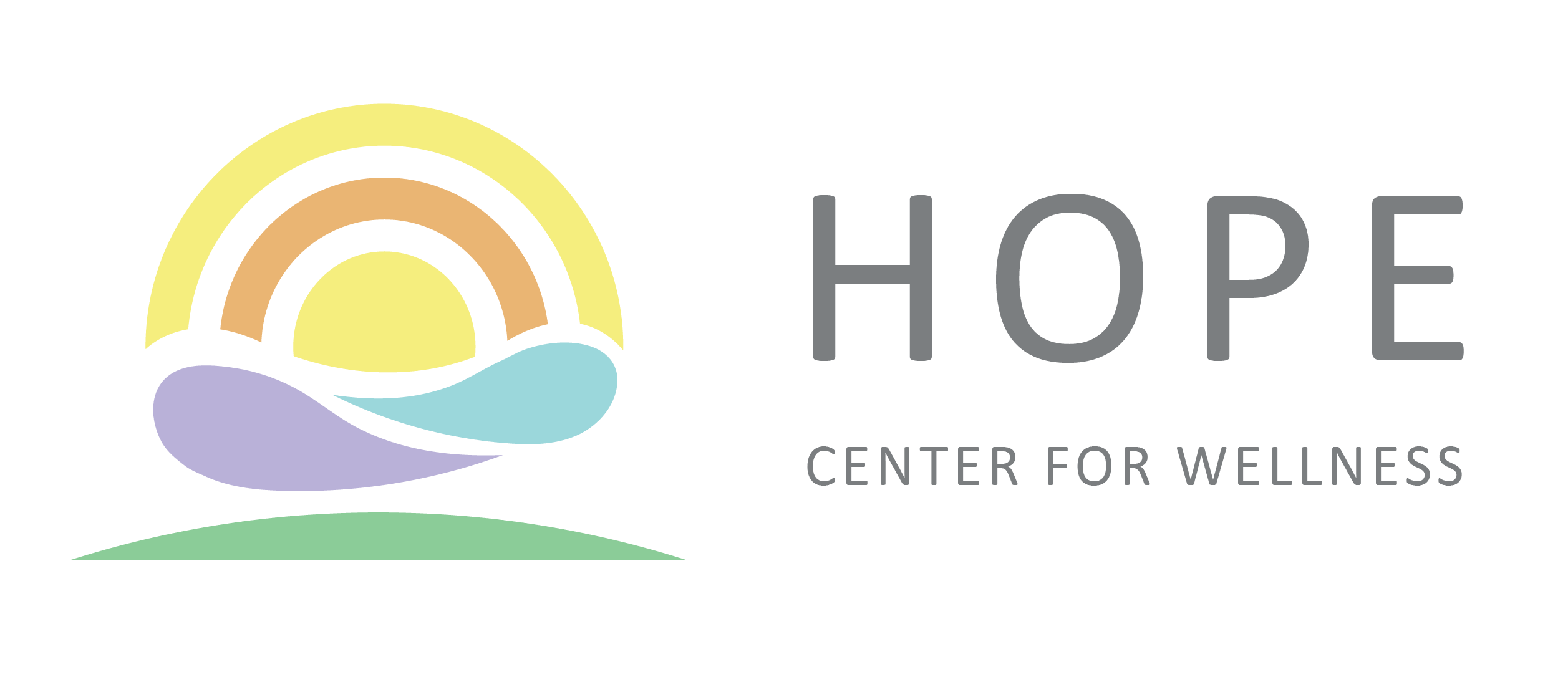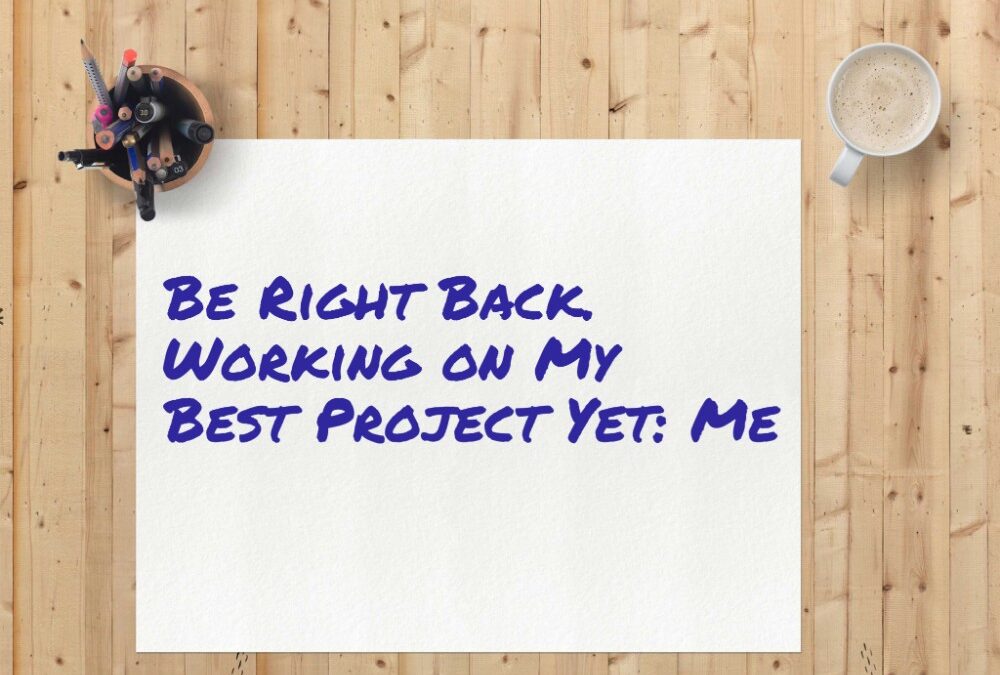There are 365 days in a year, 24 hours in the day, 60 minutes in a hour, 60 seconds in a minute. These aren’t just numbers, well they are but these numbers can also represent thousands of opportunities to renew, and grow.
The beauty of having endless opportunities to grow is that in a few seconds after you read this paragraph you have the chance to: stay as you are, think the same thoughts you think, behave as you have been, feel as you have been feeling OR you can choose to change thought patterns that are maladaptive, cause suffering or are self-defeating, learn something new, embrace your feelings and respond to situations differently.
Change is an individual choice. For some it comes easy and can be done alone, for others it may be hard because of deep rooted patterns or lack of insight and connection with the self and others. Some may need support from a therapist or life coach. For some, change happens out of a conscious effort once we recognize “there is something to change,” perhaps an attitude or a habit that causes harm and suffering. For others, awareness of needing to change comes after a natural consequence such as when loved ones stop talking to us for saying something hurtful or when someone gets into a car accident after drinking too much. Change can come in different dosages, and it can be for the better or sometimes the worse (usually when we are hurting and can’t cope with what we are feeling.)
I am captivated by change. Each day, I sit across courageous individuals looking to change something about their lives or selves or better understand an aspect of themselves. I see these attempts as brave acts of self-love and love for others. Because just like flowers blossom and by default bring beauty to what’s around them, our love, light and inner world can have a monumental impact on ourselves and others.
As a psychotherapist, I have witnessed change happen to people of all ages, all economic and social statuses, different religions, and people experiencing different levels of distress and suffering. I am a witness of pain and suffering and also lucky enough to be a witness of strengths like determination, drive, resolve and resilience.
These two paradigms allow me to see things from a lens of strength, hope and possibility. I believe that we haven’t arrived yet to our fullest potential. Even when we are at our most awesome state, we can continue to flourish. What this concept offers is room to be imperfect, to make mistakes, to fall and get up again but most importantly to learn, grow and make meaning from our experiences.
Embracing the possibility of change allows us the opportunity to see ourselves not as stagnant or permanent but as evolving selves capable of improving and growing. Like flowers do, we can blossom too. This brings me to the concept of individuals (all of us) as being “A Work In Progress.”
One of my favorite work phrases to capture the status of a project is “A Work in Progress.” A work in progress means something got started, it’s underway. What I like about this phrase is that it hints action (work in) and movement, and possibility (progress). Working with individuals from all walks of life and circumstances, there is a central theme that often emerges in sessions— “I am not where I want to be or I am not who I want to be.”
That sounds different for many people. For some it could sound like this: I haven’t gotten a promotion, I am not behaving like I want to, I regret past mistakes, this is not the life I excepted for myself. Or sometimes there is a lot of pressure for feeling a certain way, acting a certain way and having done things one wishes hadn’t. Ruminating on deafening thoughts of lack of achievement and progress can lead to feelings of depression or anxiety and decreased self-esteem.
The concept of a work in progress can be applied to our lives and selves. We are beings that have the potential to evolve, grow and change.
Our thoughts about ourselves, the world and others have a fundamental impact on how we feel and act. If we think we haven’t gotten to where we want and beat ourselves up for it, we can think of our as ourselves as failures or ______________(fill in the blank with self-defeating thoughts you have had about yourself.
But if we look at life and ourselves through the lens of A Work in Progress, we could potentially find some freedom in past mistakes, not being where we want to be and not being who we aim to be just yet because we know that as our best projects, the opportunity for transformation is still there.
Instead of ruminating on the not so great, we can focus on facts like past achievements, what we have started (action) and things that are underway (movement and possibility).
As we walk through this journey called life, do some thinking about what being A Work in Progress means to you and in your life. Some helpful questions in this endeavor are: What are you working towards? What have you accomplished so far? How many times how you fallen and you get up again? What are your best qualities about yourself? When do you feel the most proud?
Embrace your best project: You.

